The National Socialist Council of Nagaland-Isak Muivah (NSCN-IM) has resumed talks with the Indian government and met with members of the working committee of the Naga National Political Groups (NNPGs) last week in an attempt at reconciliation. The NNPGs is an umbrella organization of seven insurgent groups from Nagaland.
The NSCN-IM and the NNPGs, traditional rivals with seemingly irreconcilable differences over the Naga peace accord, came together for a meeting on October 17-18 to “find common ground” on how to proceed with the peace process. The meeting was attended by five members from the NNPGs and two from the NSCN-IM.
The two-day meeting was organized by the Forum for Naga Reconciliation (FNR), a civil society body that has previously arranged similar meetings between rival insurgent groups. The FNR had started this process in 2008 in anticipation of a possible Naga accord, aiming to create a united front of Nagas that could negotiate with the Indian government.
Despite meetings and dialogues between Naga groups, the meetings came to a halt in 2015 after the NSCN-IM unilaterally signed the Framework Agreement with the Indian government without consulting the NNPG, the FNR, or Naga civil society. This action was perceived by many as a betrayal by the IM.
With the Nagaland elections approaching and the NSCN-IM resuming talks with the government after a hiatus, the FNR has resumed its activities, reaching out to the rival groups for the first time in seven years earlier last month.
A leader who attended the meeting stated, “It was a very fruitful meeting. We have decided to set up a joint committee and have decided that from now on, the top leaders of the groups will meet regularly and that no decision with regards to the accord will take place without permission from all sides.”
This is a significant decision considering that the IM and the NNPGs have been on opposite sides of the Naga peace talks. The NNPGs have agreed to an accord with their conditions to the Centre having been finalized, something that has not happened with the NSCN-IM yet.
A joint statement issued after the Kolkata meeting reads: “In response to the Naga people’s yearning for reconciliation and unity in purpose, the Naga National Political Groups (NNPGs) and the Nationalist Socialist Council of Nagalim (NSCN) have agreed to form the Council of Naga Relationships and Cooperation.”
The IM and NNPGs have also committed to choose a “shared future” instead of the “divisions of the past.”
“The ball is now in the court of the Centre to bring home the solution at this time,” said a senior insurgent leader.
The NDPP-NPF government in Nagaland has already announced “Election for Solution” as the main platform on which they will contest the assembly elections. They have been pushing for a swift solution to Naga political dialogue.
The Naga insurgency, India’s oldest militant movement, began in the 1950s, with various groups continuing to demand a separate nation. Under the UPA government, the peace talks progressed with many meetings taking place abroad, but no solution was reached. Talks were resumed under the current regime, and the Framework Agreement was signed in August 2015. However, little progress had been made, and the talks have now resumed with a determination to find a solution by the time Nagaland goes to polls early next year.
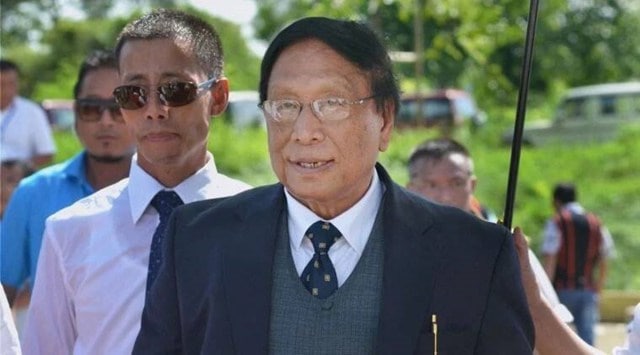



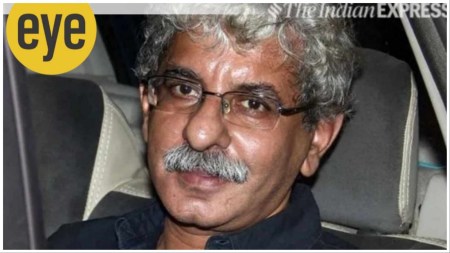
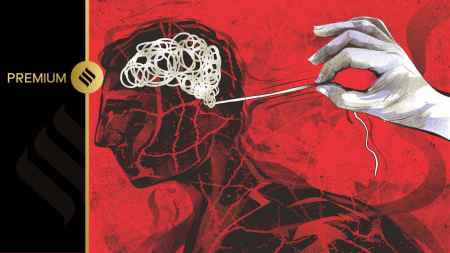
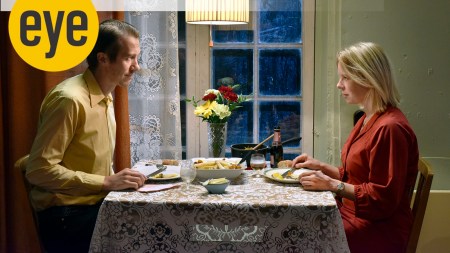

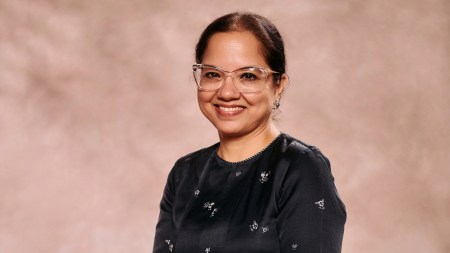
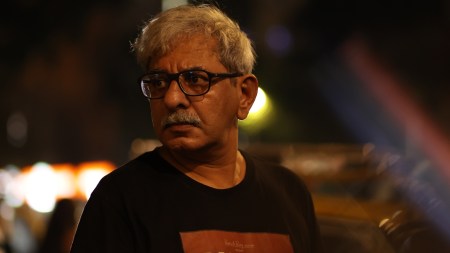
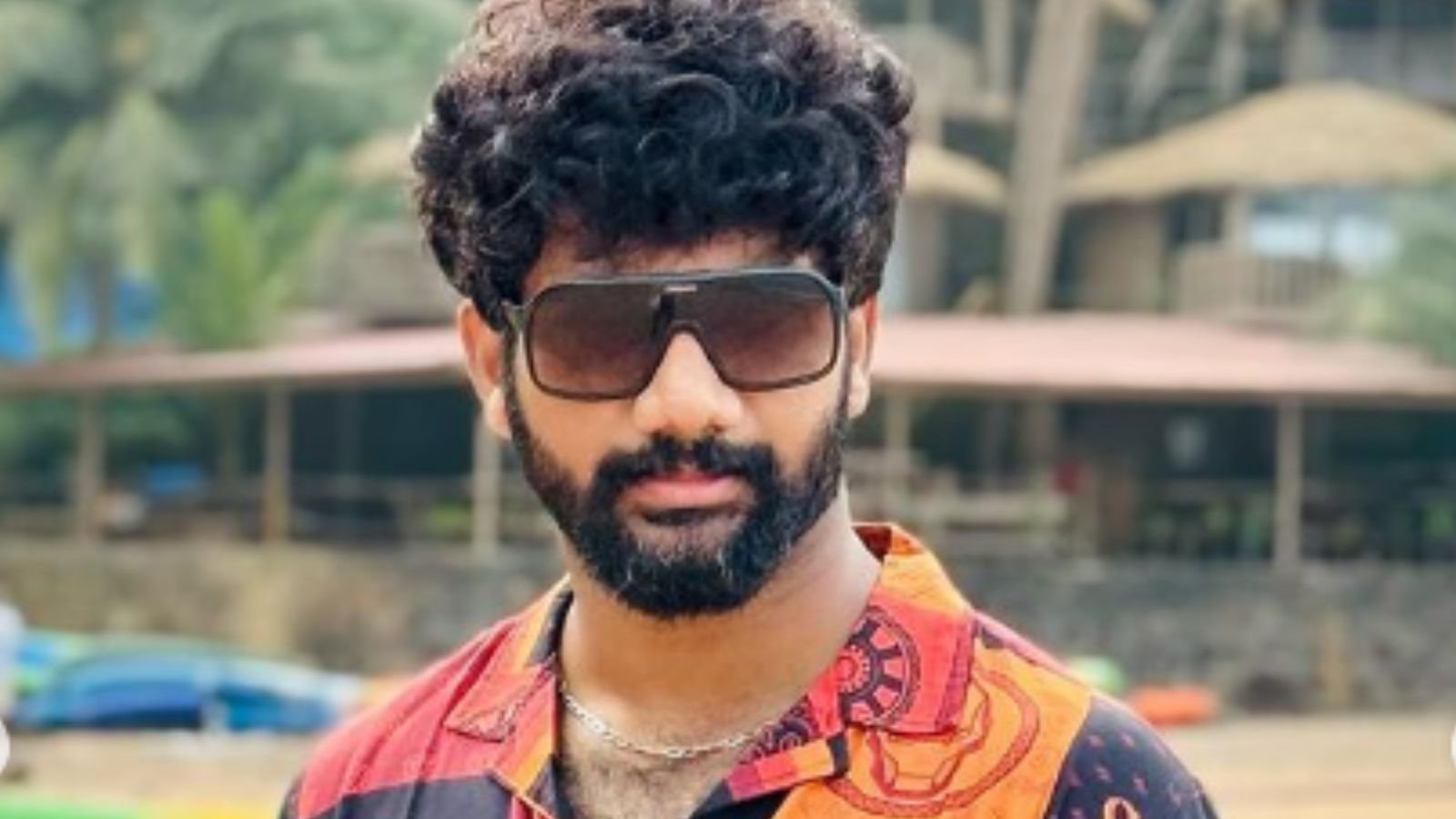
























+ There are no comments
Add yours